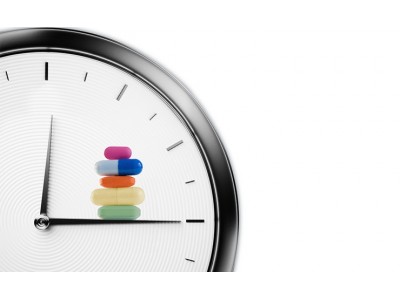The best time to take medicine can depend on several factors, including the type of medication, its specific instructions, and individual health needs. Here are some general guidelines:
Follow Prescribed Instructions: Always follow the instructions provided by your healthcare provider or on the medication label. This may include specific times of day or instructions regarding food intake.
Consistency: Take medications at the same time each day to maintain consistent blood levels and maximize effectiveness. This is particularly important for medications that need to be taken regularly, such as those for chronic conditions like hypertension or diabetes.
With or Without Food: Some medications should be taken with food to minimize stomach upset, while others are more effective when taken on an empty stomach. Follow the instructions provided for each medication regarding food intake.
Timing Relative to Meals: If a medication should be taken with food, take it either before, during, or after meals as directed. This helps ensure optimal absorption and reduces the risk of gastrointestinal side effects.
Consider Sleep and Activity Patterns: Some medications, especially those that can cause drowsiness or need to be taken at specific times relative to sleep (e.g., for insomnia), may have specific timing recommendations to maximize their effects.
Personal Preference: If a medication does not have strict timing requirements and can be taken at any time of day, choose a time that fits best with your daily routine and helps you remember to take it consistently.
It's important to discuss any questions or concerns about medication timing with your healthcare provider. They can provide personalized advice based on your specific health condition, other medications you may be taking, and your daily schedule to ensure you get the most benefit from your medication regimen while minimizing potential risks.
